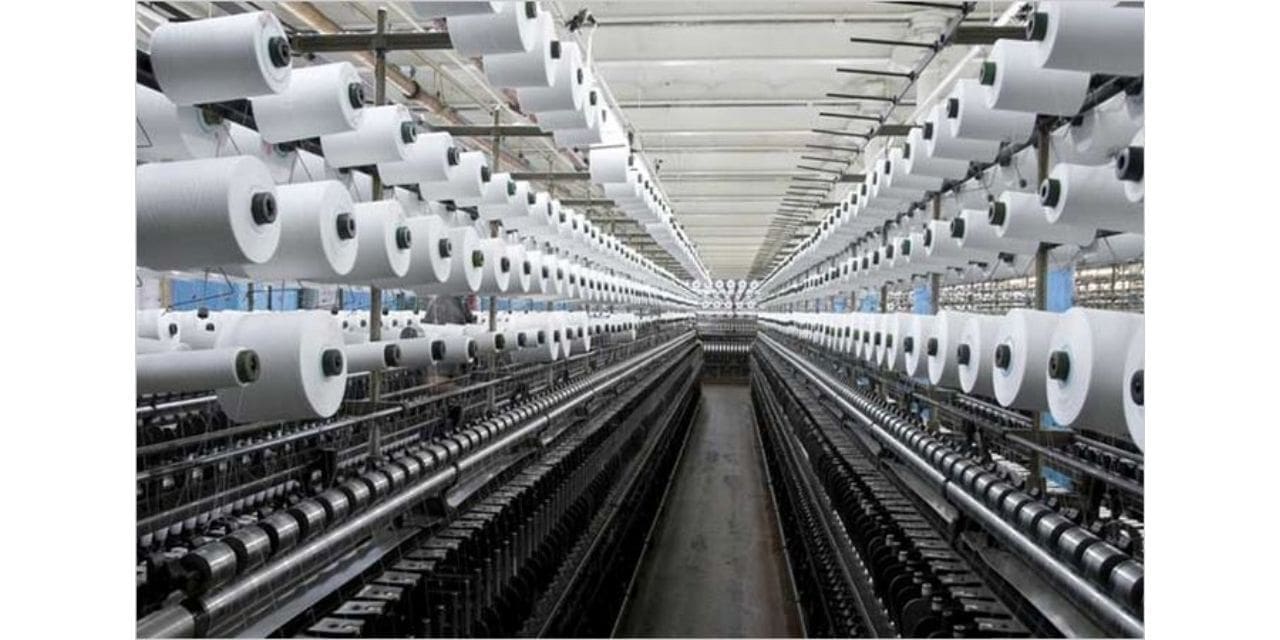Big day plays important role in making interventions and policy decisions.
Yesterday (October 11), the Royal Swedish Academy of Sciences while announcing the Economic Prize in Memory of Alfred Nobel recognized the power of real-world data.
Professors David Card, Joshua Angrist and Guido Imbens were awarded the economics prize for their work related to natural experiments involving empirical data in analyzing markets such as labor.
Natural experiments are those that happen due to policy interventions such as those by imposing minimum wage, tariffs, etc. and can serve as useful alternatives to randomized trials to analyze cause and effects such as the growth of industrial sectors. This field came to prominence in the early 1990s due to the efforts of economists Alan Krueger and David Card.
Sectors like textiles, agriculture, food service, domestic service, which are labor intensive can benefit from empirical and behavioral economics. Analyzing empirical data rather than theoretical modeling will be more ideal in suggesting changes to grow the sectors, as was the case of the Nobel winning work of this year’s laureates.
Textile sector is dependent on the discretionary spending power, socio-economic conditions and cultural preferences. Therefore, analysis of big data on the spending pattern will help the industry to plan its growth. Particularly now when raw material prices are high and the growing power crisis in China and India, which are major textile manufacturing hubs, planning based on big data will be helpful.
In recent years, the use of data and empirical modeling have been helpful in predicting the growth of the Indian technical textiles sector. In 2008, I predicted the growth of this industry to be in double digits based on GDF growth rate and per capita income in India comparing with the United States. The work resulted in the report,” India Rising: Opportunities in Nonwovens and Technical Textiles,” [https://today.ttu.edu/posts/2021/06/Images/IndiaRising.pdf]. The empirical modeling as advocated by this year’s Nobel work showcased the growth pattern of India’s technical textiles sector, which was later validated by actual data for the following years.
Interestingly, this year’s Nobel prizes in Medicine, Physics and Economics provide ample clues for the textile and allied sectors in terms of planning and developing new products such as sustainable and green textiles.
Textiles sector will benefit from the gathering of reliable data and undertaking credible analysis such as price, consumer trends, manufacturing costs with and without policy interventions to chart its next course.
Nobel in economics underscores the necessity of empirical and behavioral analysis.
Article by:
Seshadri Ramkumar, Texas Tech University, USA.

